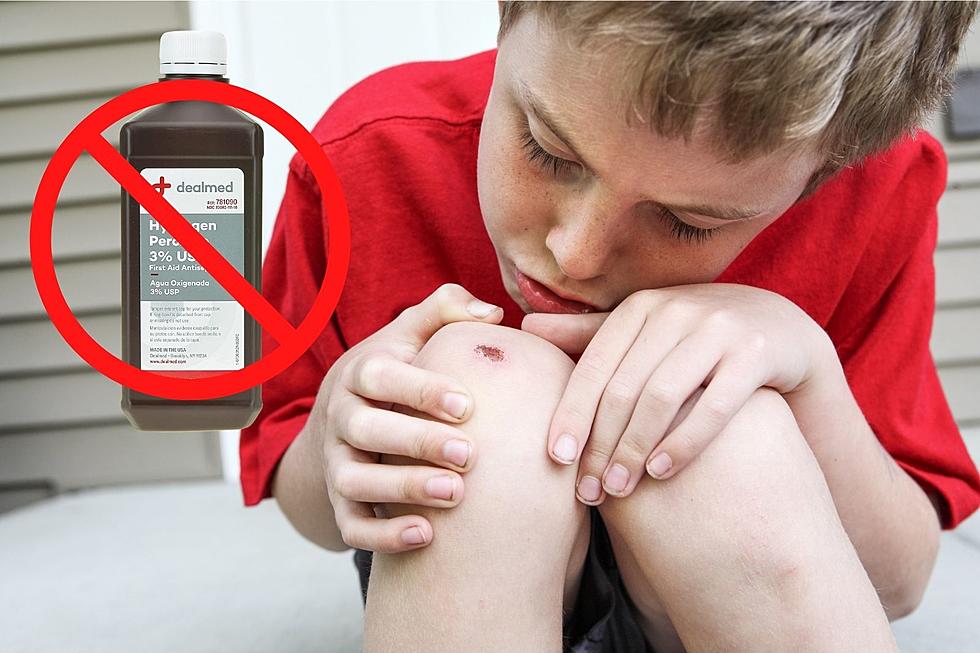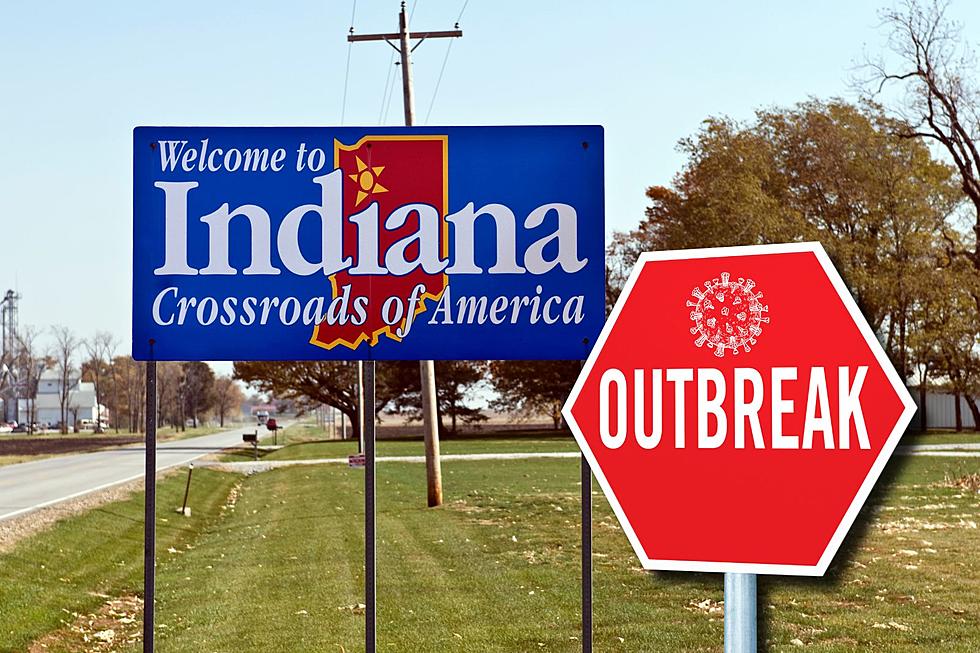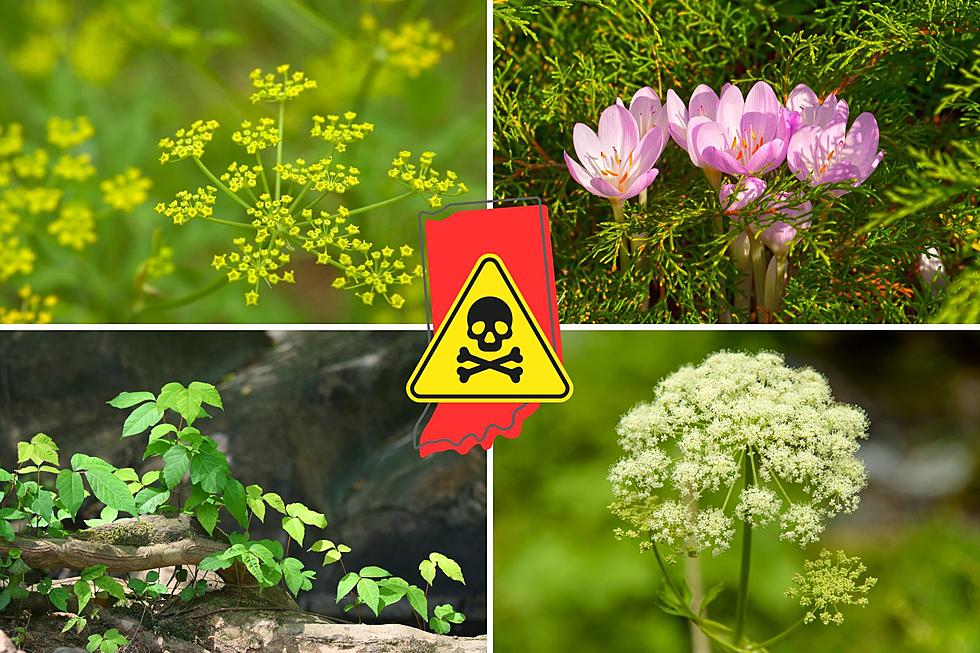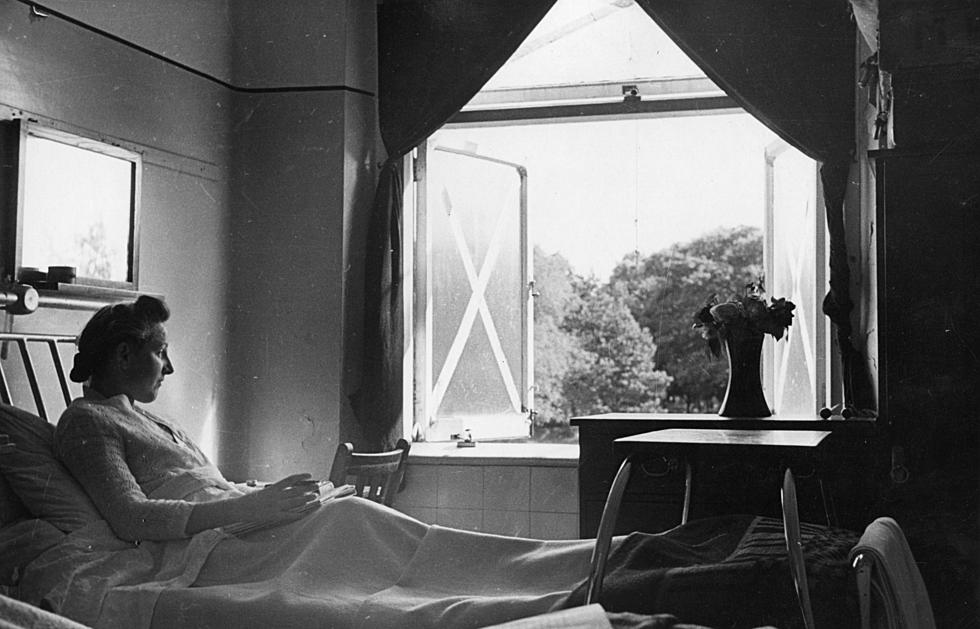
Your Mom Was Wrong – Why You Should Stop Using Peroxide to Clean Cuts and Scrapes
Home medical remedies are as old as time. I have no doubt you know, and still may use, a few that were handed down to you by your parents, who got it from their parents, who got it from their parents, so on and so on for generations. For example, my grandma would "prescribe" ginger ale for upset stomachs. Did it work? In the medical sense, probably not. But, in the psychological sense, yes. It may have simply been the taste or the fact that I was being allowed to drink a soft drink that distracted me from the discomfort, but as far as I was concerned it was a miracle cure.
One of the more popular home remedies that have been around for decades is one your mom probably used on you and one you have used on your own kids; using hydrogen peroxide to clean a cut or a scraped knee. However, according to Los Angeles Dr. Michael Daignault in a piece he wrote for USA Today, it may cause more harm than good and you should stop using it for that purpose immediately.
Why You Should Stop Using Hydrogen Peroxide to Clean Cuts
Hydrogen Peroxide is made up of two hydrogen atoms and two oxygen atoms. According to Live Science:
Hydrogen peroxide has been used as an antiseptic since the 1920s because it kills bacteria cells by destroying their cell walls. This process is called oxidation because the compound's oxygen atoms are incredibly reactive, and they attract, or steal, electrons. With fewer electrons, bacteria cells' walls become damaged or even completely break apart.
With that piece of knowledge, it makes sense as to why people have been dumping it on open wounds for over 100 years. Plus, it looks kind of cool when it bubbles on your skin, right?
Why Does Peroxide Bubble When You Pour It on a Cut?
Before we get into Dr. Daignault's reasoning for why you need to stop doing it, let's get into the science behind why the bubbles happen in the first place.
Why Using Peroxide to Clean Cuts is Bad
In his piece for USA Today, Dr. Daignault does acknowledge that hydrogen peroxide is an "environmentally safe alternative to chlorine-based bleaches" when used to sterilize surfaces and surgical tools "because it is broken down into oxygen and water." However, much like a tornado doesn't stop at your front door because it doesn't want to destroy your house, hydrogen peroxide doesn't discriminate when it comes to its chemical reaction. It has one goal and one goal only; steal the aforementioned electrons from anything nearby that has them until it literally runs out of gas (hydrogen and oxygen).
So, while it does kill any bacteria that may have entered the wound, it's also killing any and all healthy cells around it your body has sent to the area to begin the healing process like platelets and white blood cells which Dr. Daignault says causes, "corrosive tissue damage" that "significantly" impairs the healing process, and "irreversibly" worsens the scarring process. Yikes!
What to Use Instead of Peroxide to Clean a Wound
Instead of peroxide, Dr. Daignault says to use clean water to rinse out the wound, rub a little triple-antibiotic cream (a.k.a. Neosporin), and slap a bandaid on it.
I Know What You're Thinking
I imagine you and I are thinking the same thing, I've poured hydrogen peroxide on dozens, if not hundreds, or cuts I've had my entire life and I haven't lost an appendage, nor is my skin rotting and falling off. To that I'll say, there are a lot of things we did as kids and maybe continue to do as adults because that's the way we were taught and the way they've always been done, but that doesn't mean it's the right way today. Things are always evolving as more research is done. And while I can only speak for myself, if someone like Dr. Daignault, a "board-certified emergency room physician" who has dedicated his life to the study of medicine and the human body says I should stop using hydrogen peroxide to clean wounds, I'm going to take his advice over someone who doesn't have those credentials. No offense, Mom.
[Sources: USA Today / Live Science]
KEEP READING: See 25 natural ways to boost your immune system
KEEP READING: 15 Natural Ways to Improve Your Sleep
More From WKDQ-FM









